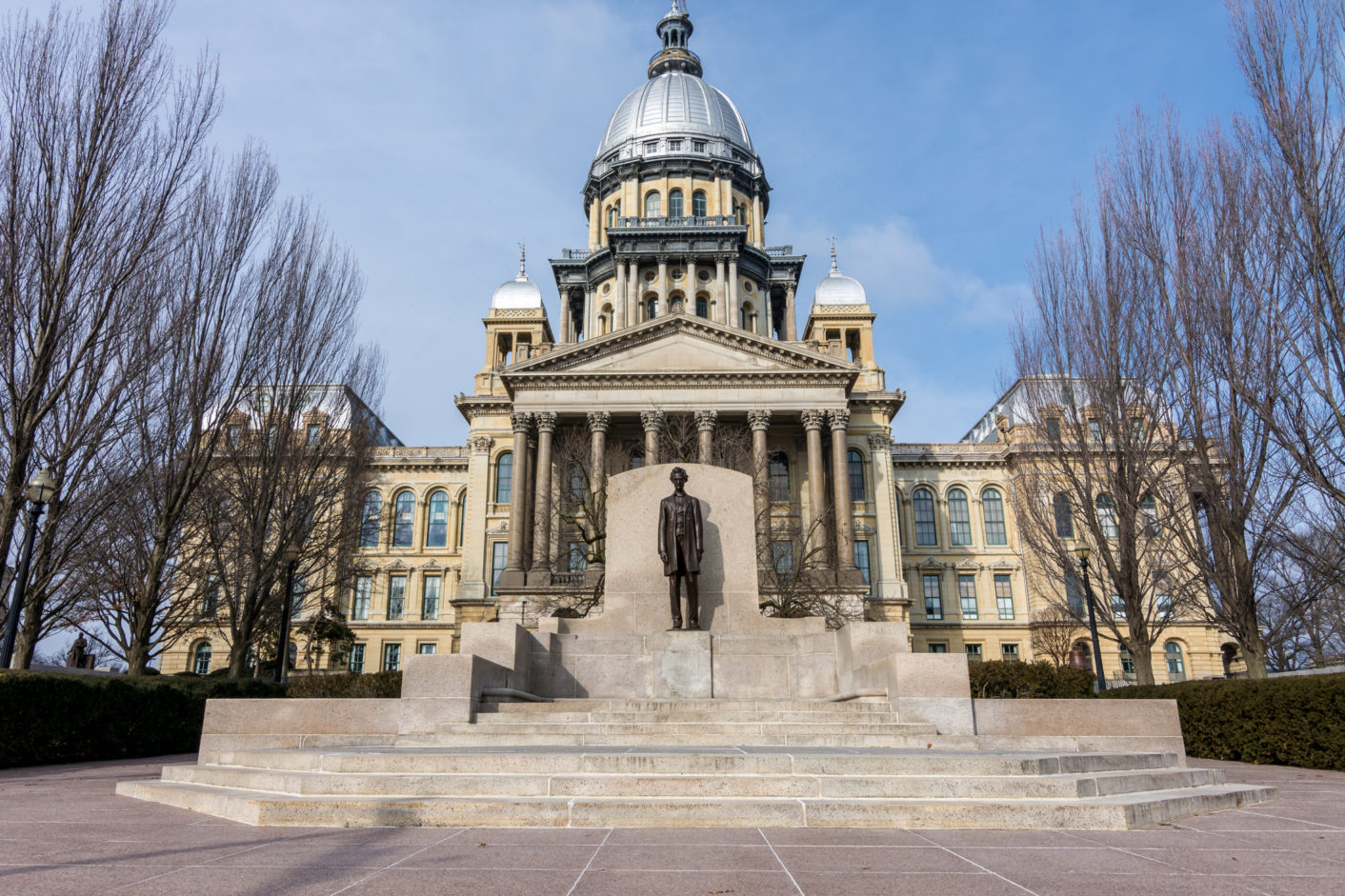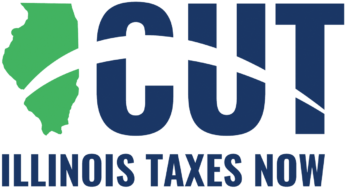
Illinois task force to reduce property taxes misses report deadline, all but guaranteeing no action this year
By Illinois Radio Network
SPRINGFIELD – An 88-member task force missed a key deadline to deliver a report on how to reduce the state’s high property taxes, all but guaranteeing none of the group’s recommendations will be signed into law this year.
Subcommittees of the Property Tax Relief Task Force gave presentations on various focus areas as recently as Nov. 1. A similar meeting of another subcommittee is set for Friday. But the task force has yet to produce a report required by the law the governor signed to create it.
“Within 90 days after the effective date of this amendatory Act of the 101st General Assembly, the Task Force shall submit an initial report to the Governor and General Assembly outlining short-term and long-term administrative, electoral, and legislative changes needed to create short-term and long-term property tax relief for homeowners,” the law said.
The law was enacted Aug. 2. The 90-day deadline, Oct. 31, came and went. With the initial report nowhere to be found and only a couple of days left in the fall veto session, lawmakers won’t be able to take any action on the task force’s suggestions this year.
A spokesman for the task force referred questions to the eight co-chairs of the task force.
State Rep. Deanne Mazzochi, R-Elmhurst, said Republicans have given Democrats a number of suggestions, but said Democrats have shown no interest in creating actual legislation to take up those ideas.
“The initial draft was supposed to be done on October 31st as far as I know,” she said. “The governor and their staff missed the deadline, so now we’re going to be waiting until December 31st for a final report, but obviously if we don’t even have a draft it’s very difficult for us to put input into the final draft.”
As one of the co-chairs, Mazzochi has in the past suggested the task force is simply a mechanism to promote Gov. J.B. Pritzker’s progressive income tax proposal. By saying the state must pay more into local public schools, the biggest portion of the typical local property tax bill, the argument for more taxes at the state level could be made.
“Even if you were to raise income taxes in my district, my schools would get $100 for every $100,000 of new tax revenue you would get from them,” Mazzochi said.
The governor’s press office did not respond to requests for comment on the report.
